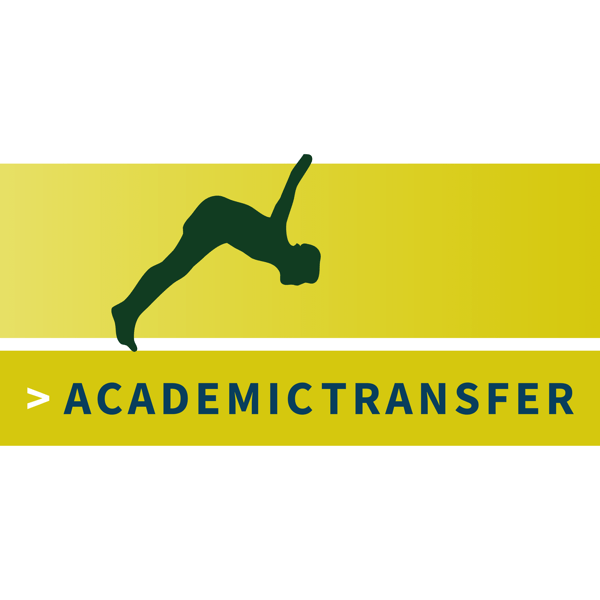
PhD Talk for AcademicTransfer: Creating a research environment that attracts and retains top researchers
This post is part of the series PhD Talk for AcademicTransfer: posts written for the Dutch academic career network AcademicTransfer, your go-to resource for all research positions in the Netherlands.
These posts are sponsored by AcademicTransfer, and tailored to those of you interested in pursuing a research position in the Netherlands.
If these posts raise your interest in working as a researcher in the Netherlands, even better – and feel free to fire away any questions you might have on this topic!
Attracting and retaining top talent in research is a hot topic these days, as some researchers are looking to relocate in response to changes in funding and political situations.
So what can we do to attract top talent in the first place? Besides having good research facilities, what can sway a researcher to go work at a certain place over another? Here is what I consider key aspects of attracting top talent:
- Listen to the needs of the researcher: If universities want to hire good researchers, they need to understand that different researchers have different needs – and most researchers know what they need to excel. So, instead of having a generic start-up package, universities should try to understand the needs of the researcher first, and see how they can meet these needs best.
- Have an attractive start-up package: And then of course, the start-up package is important. But for the package to be attractive, it should align with the priorities and needs of the researcher in the first place. The goal is as well to make the starting period easier.
- Offer relocation support: There are practical aspects to consider as well: relocation support can make things so much easier for researchers as they may be dealing with moving to a different place, getting all paperwork sorted out, and perhaps even need to apply for a residence permit in a new country.
- Offer family support and spousal hiring: Researchers are very often no isolated entities, so considering offering family support, especially for the first months, and spousal hiring is what can make the difference between toying with an idea to move elsewhere and making it a reality.
- Have a transition plan: Universities can offer researchers a transition period with another researcher so they can ease into teaching and administrative tasks better.
Then, once a university has hired a good researcher, what can they do to retain top talent? Here are some crucial aspects in my opinion:
- Collegiality: For a researcher to enjoy their workplace on a day-to-day basis, good collegiality is key. Collegiality may be underrated these days, but I think it makes all the difference between feeling soul-sucked in a splendid lab and having a good time.
- Good work-life balance: Of course, when the workplace has very high demands that crowd out life, the fun and joy also get crowded out – so a good work-life balance, practiced also by upper management, is a key aspect.
- Flexibility when necessary: Teaching schedules can be rigid, but they don’t consider kids who get sick and need an emergency pick up from school. Being flexible, and having colleagues who can step in temporarily when needed is important here too.
- Support in obtaining funding: For top talent to succeed in a new country and environment, understanding the local funding system is important. Institutional support in writing proposals, developing budgets, and identifying opportunities is a key factor here.
- Administrative support: For all practical aspects, administrative support is important too – and it works best when everything runs smoothly.
As I mentioned before, stellar laboratory facilities are one part – but you can be in the world’s most famous laboratory and feel utterly miserable because you have no friends or support network. Therefore, it is important for universities to think of supporting their staff from a broad point of view, and for researchers to be aware of what university may be able to offer them elsewhere if they feel underappreciated in their current place of work.

